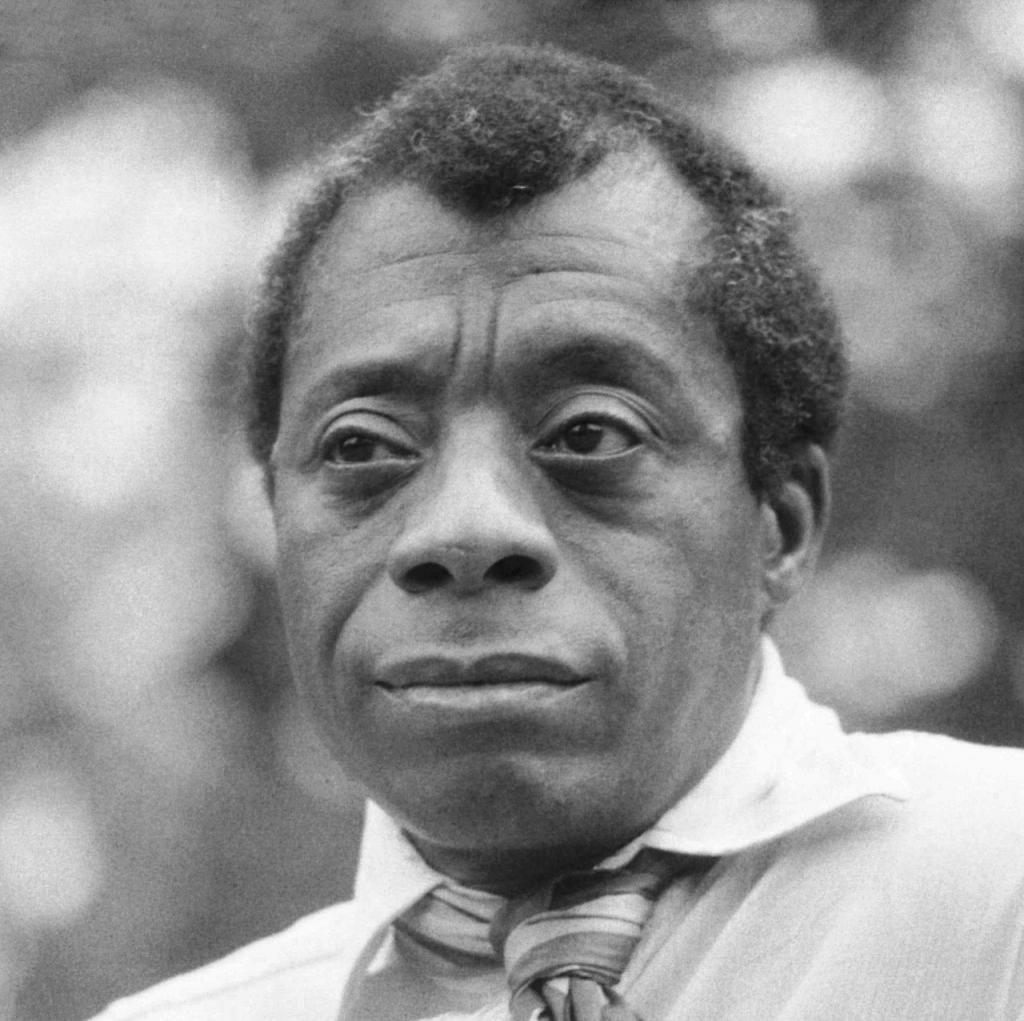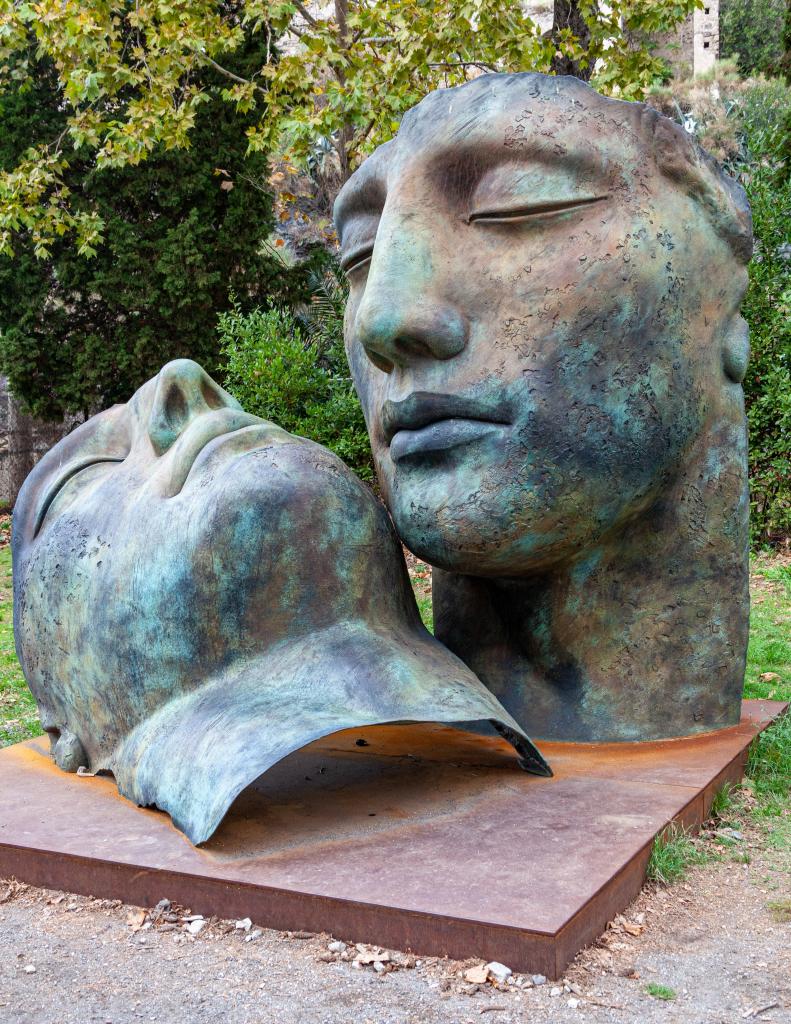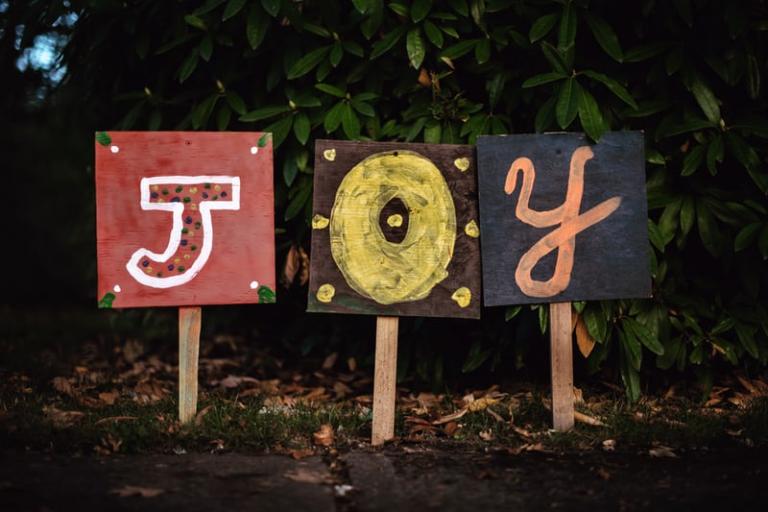The below is excerpted from my article in Kosmos Journal’s Fall 2018 issue. It can be read in full here.
Our globalized world lures us to crave more. The culture of “more” is a culture of not enough, accumulation and conquest, and sought but constantly deferred satiety. Every time we text message or update Instagram, researchers tell us that our brains loop in a dopamine cycle of neurological yearning.
We seem unable to discern when enough really is enough—and especially so in the Global North. From shopping to Netflix binge-watching, sexual hook-up culture to alcoholism, to the reckless gambling of Wall Street speculators, we are in thrall to both trivial and life-threatening addictions. Intervention in desire’s consumptive assault is written off as bad economics or puritanical repression.

The desire for more is ultimately a crisis of desire. What is it that we desire when we desire more? It’s usually not the thing itself. The thing itself, whether a lover, job position, third-quarter earnings goal, or new style of jeans, remarkably fades away in desire’s fickle dissatisfaction. But seekers on transformation’s path have known for millennia that desire’s incompletion points inexorably to spirituality. As writer Ronald Rolheiser puts it, “There is within us a fundamental dis-ease, an unquenchable fire that renders us incapable, in this life, of ever coming to full peace…Spirituality is ultimately what we do with that desire.”
The Spanish Carmelite mystic John of the Cross is a spiritual director for our obsessive age of “more.” He is justly famous for his concept of the “dark night of the soul”—those periods of faith in which our certainties, hopes for the future, beliefs about God, and even faith itself are eclipsed. But he also wrote about another dark, albeit less popular, night: the dark night of sense.
The dark night of sense precedes the dark night of the soul in that it harnesses our desire and prepares our will to be ready to receive, meet, and fall in love with God. There is no union with God, John says, without first curbing our appetites. No love without first setting limits. John poetically affirms that the goal of the spiritual life is love-drenched union with God, but today he might clarify that union doesn’t happen first in yoga class, on a beach at sunset, or hands raised in a particularly affecting religious service. According to John of the Cross, union is instead (and unfortunately) the fruit of long, dark nights.
Union is a gift after the excruciating process of detaching our desires from all that is not God.
Photo by NeONBRAND on Unsplash











